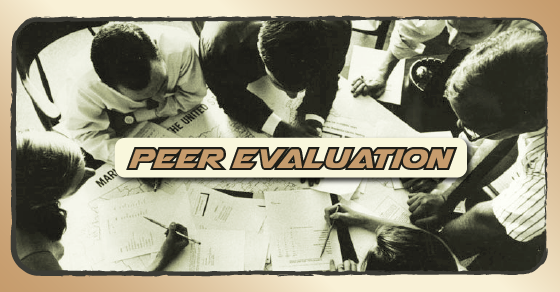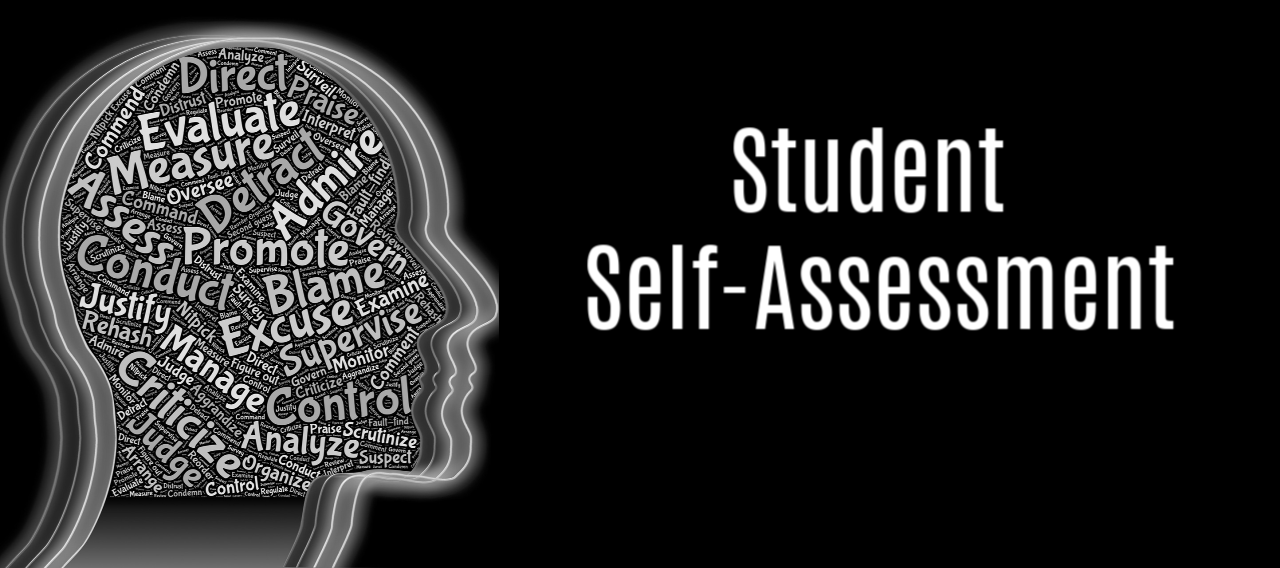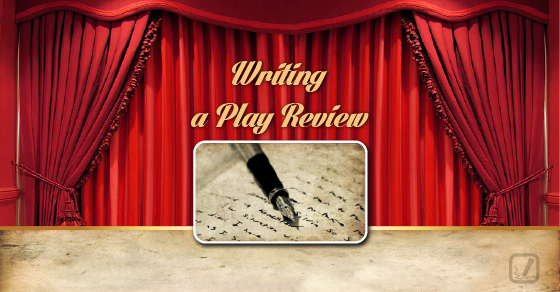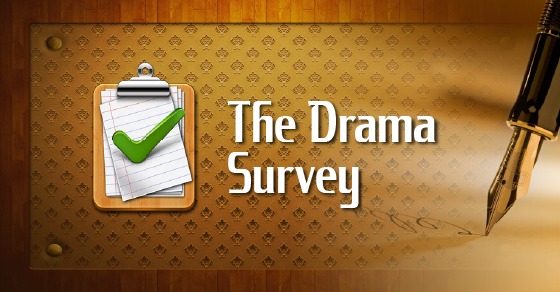Peer Evaluation (or “No, you can’t say Jimmy sucks.”)
Peer evaluation is a process whereby learners give feedback to other learners. It is key to the learning process for a number of reasons.
Curriculum Understanding
In order to assess an activity, learners have to understand the desired objective. What is this activity, and what represents a good example of this activity?
Assessment Understanding
Peer evaluation gives learners insight into the assessment process.
Assessment Control
Learners have more control over the grade they receive because they are playing an active part in the assessment process.They can apply the assessment criteria to their own work. The assessment duties are balanced between teachers and peers – it’s not just the teacher opaquely providing a mark.
Critical Thinking
Peer evaluation encourages learners to delve into further detail with their responses. It’s not enough to say “I like this” or “I don’t like this.” Learners develop their critical thinking skills to determine the “why” of their response.
Personal Responsibility
Peer evaluation encourages learners to engage in the process. If they expect to be marked fairly by their peers, then they have to return the same fairness. Assessing their peers against a set criteria encourages learners to take responsibility for their own work. They know what to look for in the work of others, and hold their own efforts to the same criteria. Peer evaluation also encourages learners to engage; in order to fully assess a product or performance they have to watch and listen with full attention.
Classroom Management
When teachers find themselves with an overly large class, individual presentations can take weeks. This slows the learning process to a crawl. In these situations, peer evaluation can be a useful classroom management tool. Have learners work in pairs or groups then present to and evaluate one another.
Peer Evaluation Issues
All of the above are excellent and worthwhile reasons to incorporate peer evaluation into the classroom. But not every classroom is an idyllic and respectful oasis. Several issues can crop up when using peer evaluation.
Personal Dynamics
For some learners, evaluations are tainted by personal opinion: If I say something bad about Jane maybe she won’t like me. I hate John, I’ll never say anything good. It’s hard for learners to separate “good/bad work” and “good/bad person.”
The opposite is also true: Why did they give me a bad evaluation? Don’t they like me? It’s easy to feel judged by one’s peers.
This can lead to dubious evaluations – will learners be truthful in their responses?
I Don’t Get It
Some learners will shut down rather than work toward comprehension. It’s easier to say, “I don’t get it” instead of identifying the issue and figuring out the solution.
Lack of Maturity
Peer evaluation requires a certain level of maturity from learners. It’s not inconceivable for some learners to resort to personal attacks, to not try, to provide a shallow assessment. These actions can undermine any peer evaluation attempt.
Addressing the Issues
How do we address peer evaluation issues so that assessment remains a worthwhile part of the learning experience?
Clear Criteria
Learners thrive when they know what they’re supposed to do. Learners often falter with peer evaluation because they have no idea how to properly evaluate anyone, let alone their peers.
Establish a clear set of criteria for peer evaluation. What are the rules? What should learners look for? Decide whether to present an established set of criteria to learners (highly recommended for younger or unfamiliar learners) or to include learners in the process of establishing the criteria (i.e. come up with a list of evaluation guidelines together).
Once you either review or create the evaluation criteria, make it visible. Learners should be able to see the criteria at all times either on a large poster, a bulletin board, or corner of the blackboard. If anyone says, “I don’t know what to do” point them to the rules.
Include this in your criteria:
- Evaluators should always provide a next step. What could the learner try next time? What next step could they take to improve their work? This feedback is the most important part of the evaluation process.
- Be clear with evaluators that overly positive and overly negative comments must be backed up with explanations and examples. Evaluation is more than “I like / I don’t like.” Evaluators have to explain their answers.
Modelling
Giving effective feedback is a skill. The best way to make sure learners understand the process is to show them the difference between a good evaluation and a bad evaluation. Model examples of both. Teach learners the appropriate language to be used in an assessment. A model of a good evaluation gives learners something to reach for. Modelling a bad assessment is a great opportunity to incorporate levity into the proceedings – how bad is really bad?
Peer Evaluation Sheets with learner assessment examples to use for modelling are available as a downloadable PDF at the end of the article.
Rehearse
Effective feedback takes practice. Rehearse evaluations with learners until they are able to demonstrate skill and understanding. Give the learners a “pressure free zone” to gain comfort and confidence.
Start the process by having learners assess anonymously. Let them get comfortable evaluating a stranger’s work before evaluating one another.
Exercises:
1. Divide learners into groups. Each group is given a piece of anonymous work and the learners evaluate together. Learners discuss the work, what they would say, what language they would use to suggest improvement. Groups present their evaluations, then compare them with the teacher’s evaluation.
2. Use the buddy system. Every learner is assigned the name of another learner. During the regular proceedings of class, their job is to watch that learner: What do they contribute to the class? What’s their attitude? Their effort? Emphasize that this evaluation is anonymous so they shouldn’t be obvious about their observation. At the end of class each learner writes out a brief evaluation of their assigned learner: one good thing they did in class and one idea for improvement, something they could try for next class. Next class hold a discussion where learners read their evaluations and talk about how it makes them feel. This is an opportunity to discuss how assessments should be objective and not personal.
Take It Slow
Effective feedback takes time to learn. Find opportunities within your class schedule to practice. Get learners used to the idea that they will be expected to give feedback.
After a presentation or group work session, ask learners how confident they would feel assessing the work they just completed.
Start with non-verbal responses, move to one word responses, then to full evaluations. Start with checklist evaluations, move to sentence starters to complete, then to freeform feedback. Start with anonymous reflections and work up to peer evaluation.
Be Encouraging
Be encouraging with this process. It will take time and learners will resist. But evaluation is a skill that will serve learners for the rest of their lives. The ability to effectively evaluate the work of their peers in a constructive manner is invaluable.



